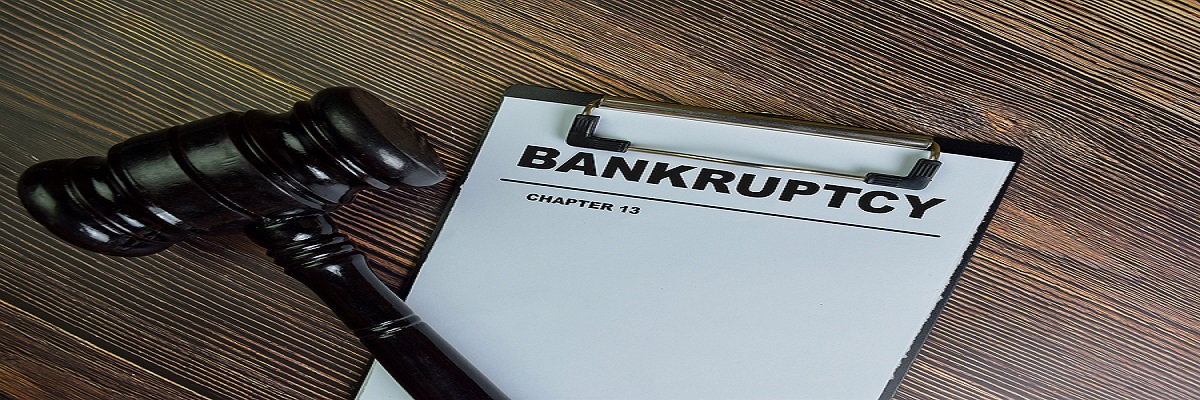Call: 888-297-6203
When you file for chapter 13 bankruptcy, a confirmation hearing is held by the court during which a decision to approve or reject your proposed repayment plan takes place. Once the plan is confirmed, lawyers of Los Angeles law firm say you need to abide by the plan and creditors must accept the payments for their claims.
When does the confirmation hearing for chapter 13 take place?
The confirmation hearing takes place within 45 days from the creditor’s meeting in chapter 13 bankruptcy case. A notice is sent by the court in advance for it. It may be continued for some time until the deadline for the creditors to file claims in your case is over. Either you or your attorney need to attend the hearing on the scheduled date for continuing the hearing. Since every court has different procedures, you should find out the ones in your area.
Is it mandatory for me to attend the hearing?
Though usually, only attorneys attend the confirmation hearing, the situation varies with courts. You might have to attend the hearing if other matters related to it are being discussed at the same time. Creditors also attend the hearing only if matters pertaining to their claim are being heard or they are objecting to your plan, otherwise their lawyers attend the hearing. If you are filing the case on your own, you must attend the confirmation hearing.
What factors are considered by the court for confirmation?
Several factors are involved in chapter 13 which makes it quite complex. Your disposable income is used to fund your repayment plan and the plan duration should be appropriate to your situation. Moreover, you should pay the creditors in the order – secured, unsecured, and priority. The trustee is required to perform case analysis and alert the court on any defects of your plan. Creditors can object if they feel their claims are not been given priority. Objections should be filed before the confirmation hearing and the trustee needs to raise the concerns to you or your lawyer for filing a formal objection.
What happens during confirmation hearing?
Generally, any objections are resolved during the confirmation hearing through agreement. If required, the case may be presented in court before a judge. If no decision is reached, the court decides on the issue. Some of the outcomes include:
- The plan is confirmed – If there are no objections to the plan, the plan is confirmed. You and your creditors are bound by the plan and creditors need to accept the payment against their claims.
- Confirmation hearing continues – Court allows time to finish the matters and come to an agreement with creditors regarding payment or amend the plan to resolve objections. The confirmation hearing can continue until the problems are resolved.
- Case dismissed or converted into chapter 7 – If you are unable to make payments as per the proposed plan or lack income to fund the plan, the court can dismiss the case or convert it into chapter 7.
Apart from this, during the confirmation hearing, the court also hears on other matters including whether your chapter 13 payments should be deducted directly from your paycheque. Simultaneously, the court also hears creditor’s claims for objections, avoid or strip liens on your property or motion to cram down the loans. Call (888-297-6203) to consult experienced bankruptcy lawyers regarding your bankruptcy case.

